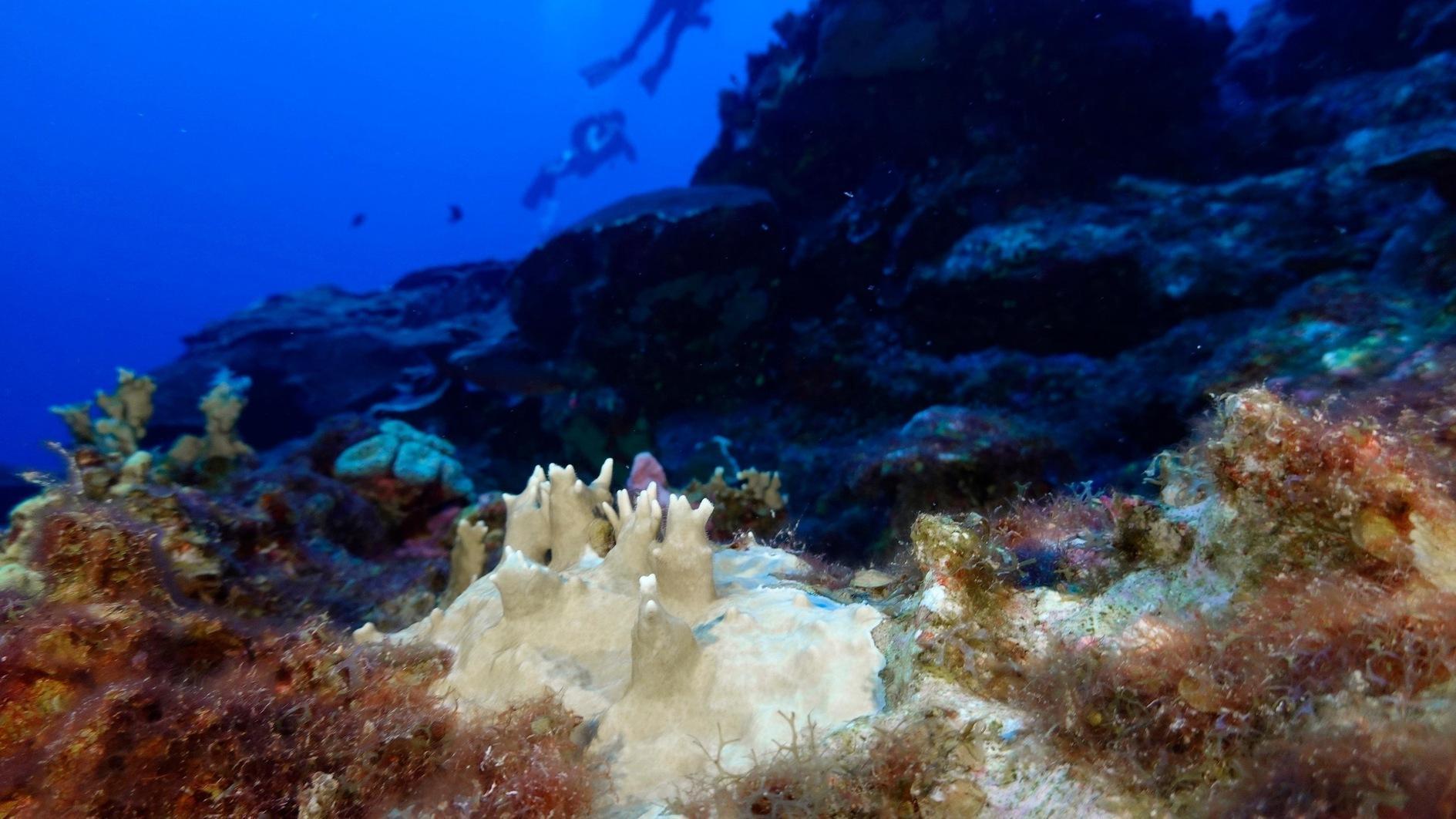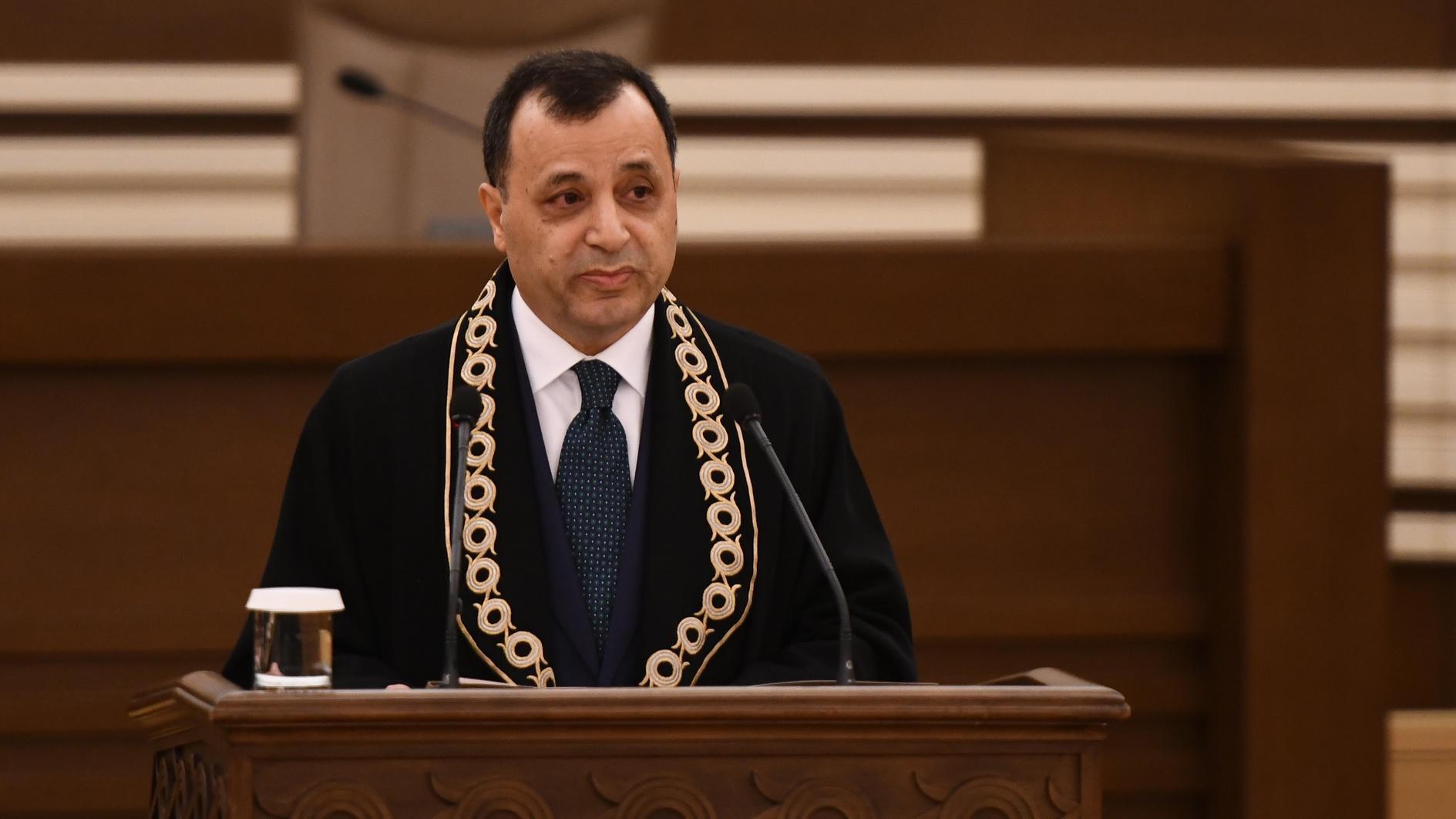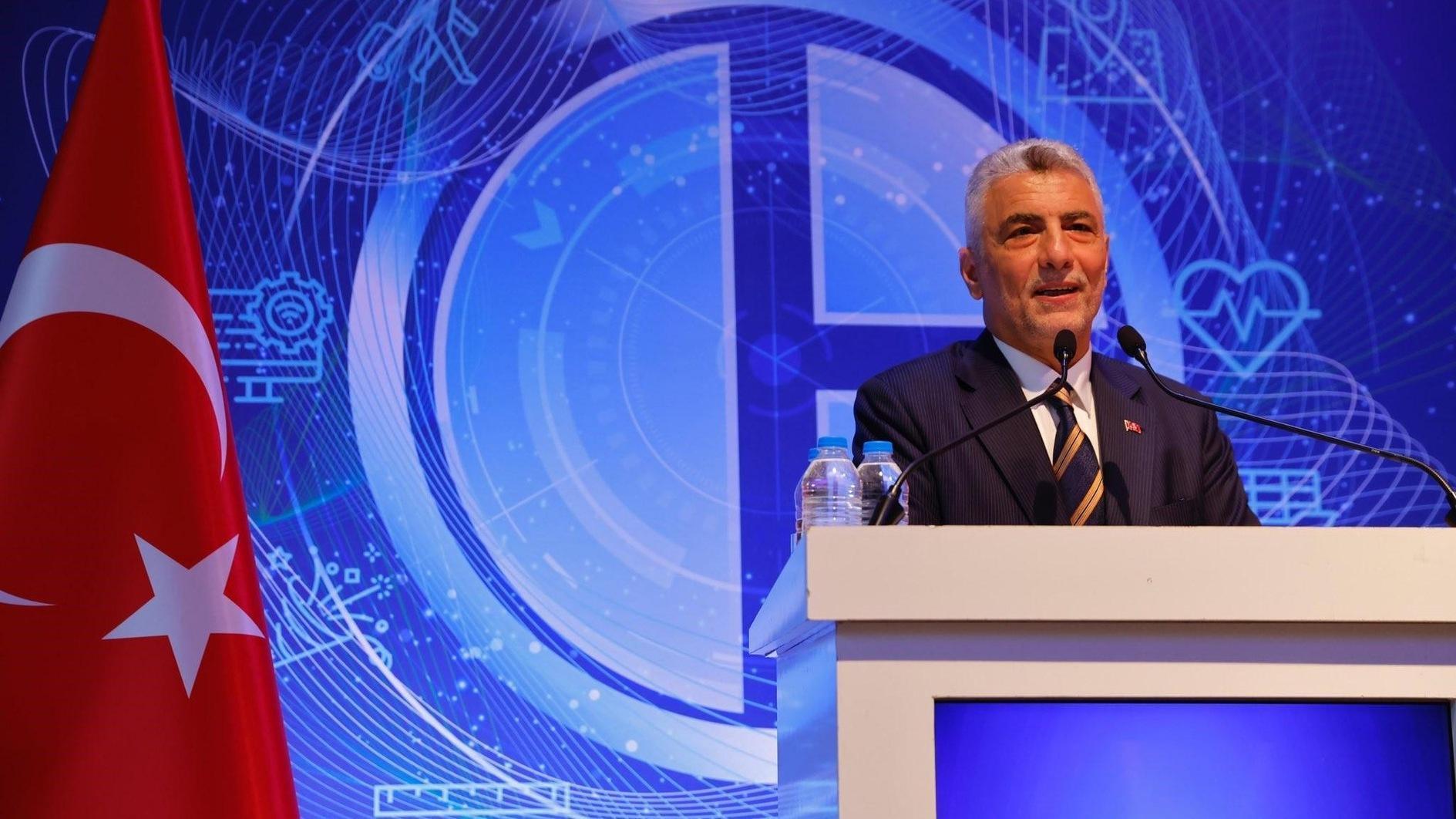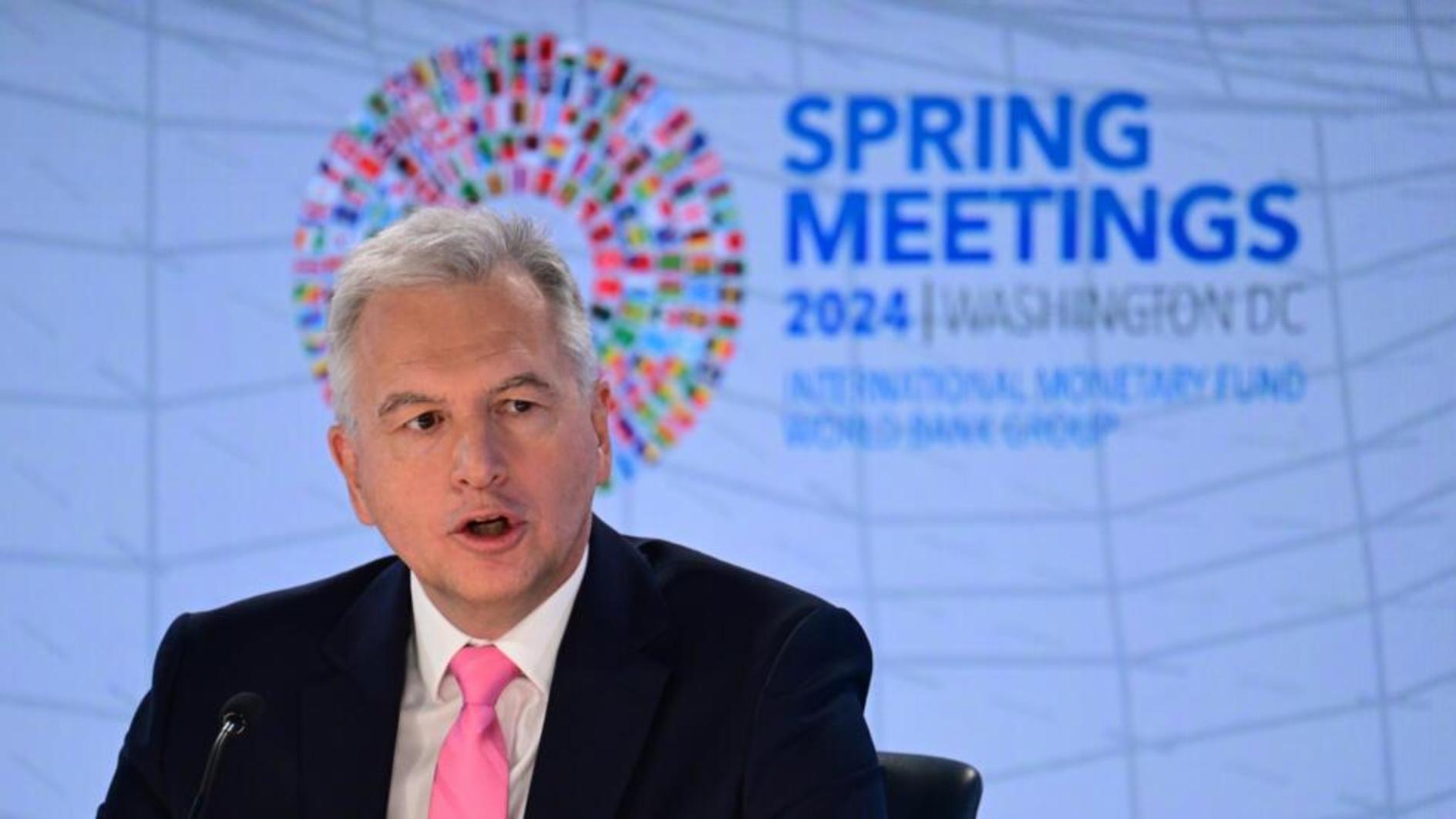The new threat to Turkey’s security
Turkey lives in one of the roughest neighborhoods in the world. As such it has always has special security needs. Ankara’s regional foreign policy was traditionally based on treading cautiously and engaging in balancing acts in order to accommodate this delicate geopolitical situation. The overriding aim was always to ensure that one did not import the seemingly interminable troubles of the region into Turkey.
Since coming to power, and especially after the rise of the ambitious Ahmet Davutoğlu as foreign minister, the ruling Justice and Development Party (AKP) started tampering with this line, which was considered by AKP supporters as being “unprincipled, spineless and subservient to the West.”
Steps were taken to show Turkey had alternatives to pick and choose from in the Islamic world and beyond. This line however involved secular Turkey giving up on its traditional neutrality in the Middle East and becoming a party to disputes on the basis of religious and sectarian preferences. But the AKP failed to factor in the realities of the Middle East, let alone the realities stemming from the global balance of power which Turkey has no power to change presently.
For example, when Ankara started openly siding with the Muslim Brotherhood, this ruffled feathers not just in the West, but also among the regions Shiites, as well as the established Sunni regimes who also consider the Brotherhood a threat. The net result of all this is that that whatever political advantages the AKP may have gained, after it came to power in 2002, in the Middle East initially as a regional player are all but lost today.
Today Turkey has more enemies at worst, and rivals at best, in the region than it has friends. Neither is it sitting at any international table as a key player that can help determine the future of the region. In addition to this, it is facing threats today that it did not have to face in the past, such as chemical attacks and Islamic terrorism specifically targeting Turkey because of its Syrian policy.
The threat of chemical attack has subsided somewhat due to the deal worked out by Moscow and Washington with regard to the Syrian chemical stockpiles. The threat of Islamic terrorism, however, is real.
Meanwhile Davutoğlu, who has lost much of his luster in the eyes of the world, is trying to convince everyone that Turkey did not support al-Qaeda affiliated groups in Syria.
Few in the diplomatic community in Ankara, however, believe that Ankara did not help groups like al-Nusra in the hope that they would be instrumental in toppling the al-Assad regime. Even President Abdullah Gül warned last month that the possibility of members of groups like al-Nusra slipping into Turkey was a threat to the country.
The problem is that these groups have not been slipping into Turkey, but have been slipping into Syria from Turkey without any intervention by the Turkish security forces. They have also been using Turkish hospitals and other facilities without any problems.
Given the point we have arrived at, few can look back and argue objectively that the government’s foreign policy has served Turkey’s interests well, whatever it may have done for the interests of quarters that have nothing to do with Turkey. What is worrying, however, is that the government appears to still be reluctant to face up to the gravity of the situation.
This reluctance, however, cannot shroud the fact that the AKP’s misguided policies have landed Turkey in a situation that could drag Turkish security forces, which are now mandated to cross into Syria if necessary, into Afghanistan like quagmires.











